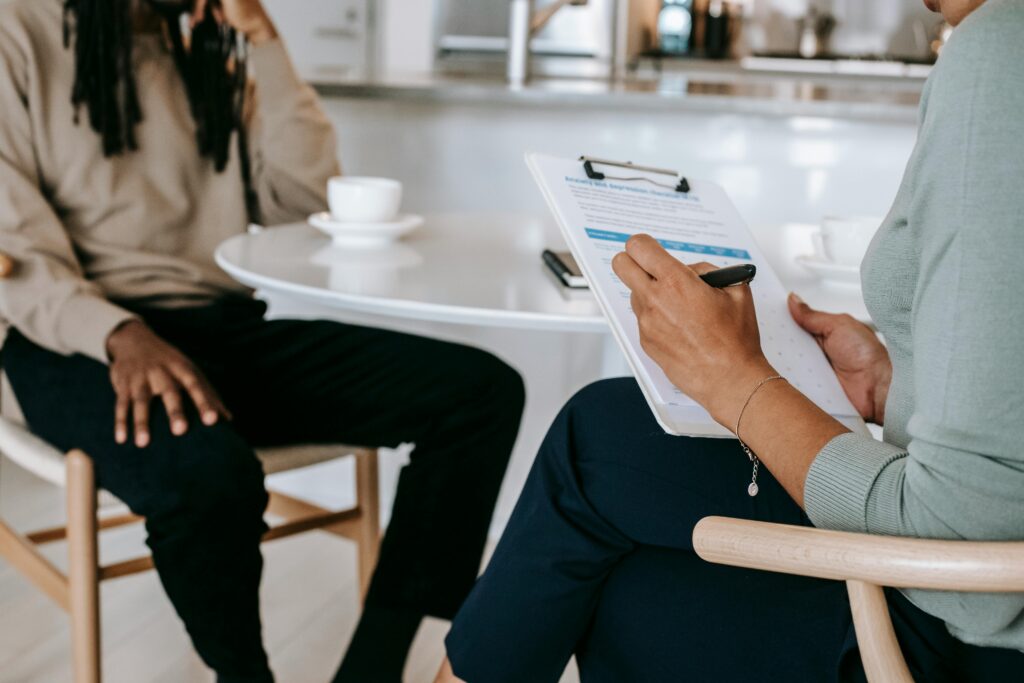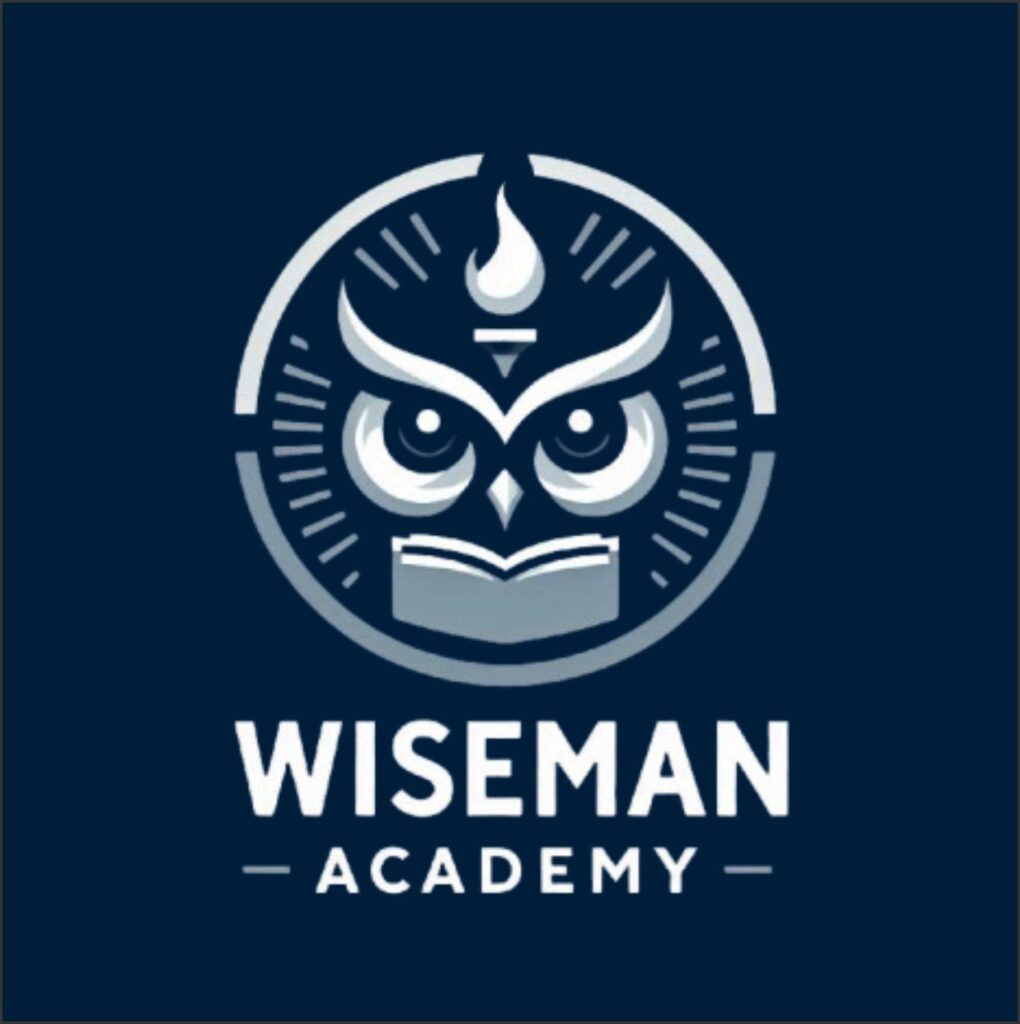Preparing for a job interview is a crucial step in securing the job you desire. It’s not just about showing up on time with a well-polished resume, preparation involves a strategic approach that will help you stand out as a strong candidate.
Knowing how to prepare for a job interview can be the difference between landing your dream job and missing out on a great opportunity.
In this guide, we’ll explore the essential steps of how to prepare for a job interview to ensure that you are fully prepared and confident when it’s time to face the interviewer.
Step 1: Research the Company

Before heading into any job interview, it’s vital to conduct thorough research about the company. Understanding the company’s mission, values, and culture gives you an edge and shows that you are genuinely interested in the role.
Not only will this help you answer questions more effectively, but it will also give you the chance to ask insightful questions that align with the company’s values.
Take the time to visit the company’s website and read through their “About Us” section. Familiarize yourself with the company’s history, their products or services, and their target audience. Look at their social media profiles to get a sense of their online presence and culture.
Researching recent news or developments about the company is also a good idea, as it shows you’re up to date with current events related to them. The more information you have, the more confident you’ll feel during your interview.
Step 2: Understand the Role
In addition to researching the company, you need to have a clear understanding of the role you’re interviewing for. Carefully review the job description and take note of the skills, experience, and qualifications required. Think about your own experiences and how they align with the job requirements.
By understanding the role in depth, you’ll be able to showcase your qualifications during the interview and demonstrate how your background fits the company’s needs. It’s important to highlight your skills and experiences that directly relate to the key responsibilities of the position.
Practice discussing your relevant accomplishments, using specific examples to illustrate how you’ve succeeded in similar tasks or projects in the past.
Step 3: Practice Common Interview Questions
Another key component of how to prepare for a job interview is to practice common interview questions. While every interview is unique, there are certain questions that are asked frequently. Familiarizing yourself with these questions can help you feel more prepared and confident when responding.
Some typical questions you might face include:
- “Tell me about yourself.”
- “Why do you want to work here?”
- “What are your strengths and weaknesses?”
- “Why did you leave your last job?”
- “Where do you see yourself in five years?”
Use the STAR method (Situation, Task, Action, Result) to formulate your answers to behavioral questions. This approach helps you provide structured, impactful responses that highlight your skills and experiences in the best light.
For example, when asked about how you handled a challenging situation, describe the specific situation, the task at hand, the actions you took, and the positive results that followed. By practicing these responses, you’ll feel ready to tackle any question with confidence.
Read More
How To Find My Dream Job
How To Choose My Career

Step 4: Prepare Questions for the Interviewer
One of the best ways to demonstrate your genuine interest in the company and role is by preparing questions for the interviewer. It’s important to engage with the interviewer and show that you’ve done your homework.
The right questions can help you learn more about the company’s culture, team dynamics, and opportunities for growth within the role.
Examples of thoughtful questions to ask include:
- “What does a typical day look like in this role?”
- “How do you measure success for someone in this position?”
- “Can you tell me more about the team I would be working with?”
- “What opportunities for growth and development does the company offer?”
- “How would you describe the company culture?”
These questions not only show your interest but also give you a better understanding of what you can expect if you are hired. Avoid questions that could easily be answered through your own research, such as details about the company’s services or location.
Instead, focus on asking questions that reveal more about the inner workings of the organization and the specific role.
Step 5: Choose the Right Attire
Dressing appropriately for a job interview is essential, as it shows that you take the opportunity seriously. The right attire can also help you feel more confident and poised when you meet the interviewer. When deciding what to wear, consider the company’s dress code and culture.
For formal or corporate jobs, it’s always better to be slightly overdressed than underdressed. A well-tailored suit or a professional dress will show that you respect the company’s standards.
For more casual or creative environments, business casual attire may be more appropriate. However, it’s always better to err on the side of professionalism, especially if you’re unsure about the dress code.
In addition to choosing the right clothes, make sure your outfit is clean, well-fitted, and free from wrinkles. Pay attention to grooming, and avoid over-accessorizing or wearing overly bold colors.
You want your attire to reflect professionalism without distracting from the conversation. Remember, how you present yourself can make a lasting impression on your potential employer.
Step 6: Organize Your Documents
When preparing for a job interview, organizing your documents is an important step to ensure a smooth and professional experience. Having your materials ready can help you avoid last-minute stress and make a good impression.
- Bring multiple copies of your resume: It’s essential to bring several copies of your resume, even if you’ve already submitted one online. Interviewers may have multiple panel members or could misplace your resume. By providing copies, you show that you’re prepared and considerate of the interviewer’s needs.
- Prepare a list of references: Bring a list of references who can speak to your qualifications and work ethic. Ensure that your references are informed beforehand and are ready to provide a positive endorsement if contacted.
- Include any certifications or portfolios relevant to the job: If the position requires specific certifications, samples of your work, or a portfolio, make sure to include these documents. Bringing relevant materials helps you demonstrate your qualifications and expertise in a tangible way.
By organizing your documents properly, you can present yourself as a well-prepared and professional candidate during the interview.

Step 7: Plan Your Travel
Ensuring that you arrive on time and prepared is essential to make a good first impression. Planning your travel in advance can reduce stress on the day of the interview and prevent unexpected issues from affecting your performance.
- Research the interview location and calculate travel time: The last thing you want is to be late or lost on the day of the interview. Take the time to familiarize yourself with the interview location and estimate how long it will take to get there. Use tools like Google Maps to check the distance, possible traffic patterns, and parking options.
- Plan to arrive 10-15 minutes early: Arriving too early can be awkward, but arriving late can be disastrous. Aim to arrive about 10-15 minutes before the scheduled time to show punctuality and respect for the interviewer’s time.
- Have a backup plan for transportation in case of delays: Traffic, accidents, or public transportation issues can delay your travel. Always have a backup plan, such as knowing alternative routes or having a plan to call a cab or rideshare service. Being prepared for unforeseen delays can help you manage your time more effectively and reduce the chance of being late.
By planning your travel in advance, you ensure that you arrive on time and stress-free for your interview.
Step 8: Master Non-Verbal Communication
Non-verbal communication plays a crucial role in making a positive impression during your job interview. What you say is important, but how you say it, through body language, posture, and facial expressions, can convey just as much.
- Practice maintaining good eye contact and a confident posture: Eye contact signals confidence and engagement. Maintaining steady eye contact with the interviewer helps you appear confident, attentive, and respectful. Additionally, sit or stand up straight to show that you are engaged and alert. A slouched posture can give the impression of disinterest or lack of confidence.
- Use appropriate hand gestures and a firm handshake: Hand gestures can help you emphasize key points, but be careful not to overdo it. A firm handshake when greeting or leaving the interviewer can convey confidence and professionalism. It’s important to balance your hand gestures and avoid fidgeting, which could indicate nervousness.
- Be mindful of facial expressions and body language: A positive facial expression can make you seem approachable and enthusiastic about the role. Be mindful of your facial expressions throughout the interview, avoiding any signs of disapproval or impatience. Additionally, pay attention to how you’re positioned—crossed arms can appear defensive, while leaning in slightly can show interest.
Mastering non-verbal communication enhances your ability to convey confidence, professionalism, and enthusiasm during your interview.
Step 9: Manage Your Nerves
Feeling nervous before an interview is natural, but it’s important to manage your nerves so you can perform at your best. By staying calm and collected, you’ll be able to focus on your responses and present yourself as the ideal candidate.
- Use deep breathing exercises to stay calm: Deep breathing can help calm your nerves and reduce anxiety. Practice slow, deep breaths to clear your mind and relax your body before and during the interview.
- Focus on positive visualization of a successful interview: Visualization techniques can help you stay calm and focused. Take a few moments before the interview to imagine yourself answering questions confidently and engaging positively with the interviewer. Visualizing success can increase your self-assurance and reduce stress.
- Avoid caffeine or other stimulants that might increase anxiety: While it’s tempting to grab a coffee before the interview, caffeine can heighten anxiety and cause jitteriness. Opt for water or herbal tea instead, as these are calming and won’t interfere with your focus. Staying hydrated is also crucial for mental clarity.
By managing your nerves effectively, you’ll feel more in control during the interview and can demonstrate your true potential.
Step 10: Follow Up After the Interview
Following up after the interview is an important final step that can leave a lasting impression. It shows gratitude, professionalism, and genuine interest in the role.
A thoughtful follow-up can also reinforce your qualifications and enthusiasm for the job.
- Send a thank-you email within 24 hours: Sending a thank-you email is a simple but impactful way to express gratitude for the interviewer’s time and consideration. Aim to send it within 24 hours to ensure you stay fresh in their mind.
- Reiterate your enthusiasm for the role: In your thank-you note, mention specific aspects of the job or company that excites you. Express your enthusiasm for the opportunity and reinforce why you are a good fit for the position.
- Highlight a key point discussed during the interview: Mention a memorable conversation point or topic that came up during the interview. This personalized touch helps you stand out and demonstrates that you were actively engaged in the interview.
A well-crafted follow-up message can further solidify your candidacy and leave a positive impression.
Conclusion
Proper preparation is key to succeeding in a job interview. By researching the company, understanding the role, practicing your responses, and mastering non-verbal communication, you increase your chances of leaving a lasting, positive impression.
Managing your nerves, dressing appropriately, and following up after the interview also play critical roles in ensuring your success.
With these steps, you’ll walk into your job interview feeling confident and well-prepared, ready to show your potential employer why you’re the best candidate for the job.
